Home>Gardening & Outdoor>Landscaping Ideas>How Long Does It Take For Bermuda Grass To Spread
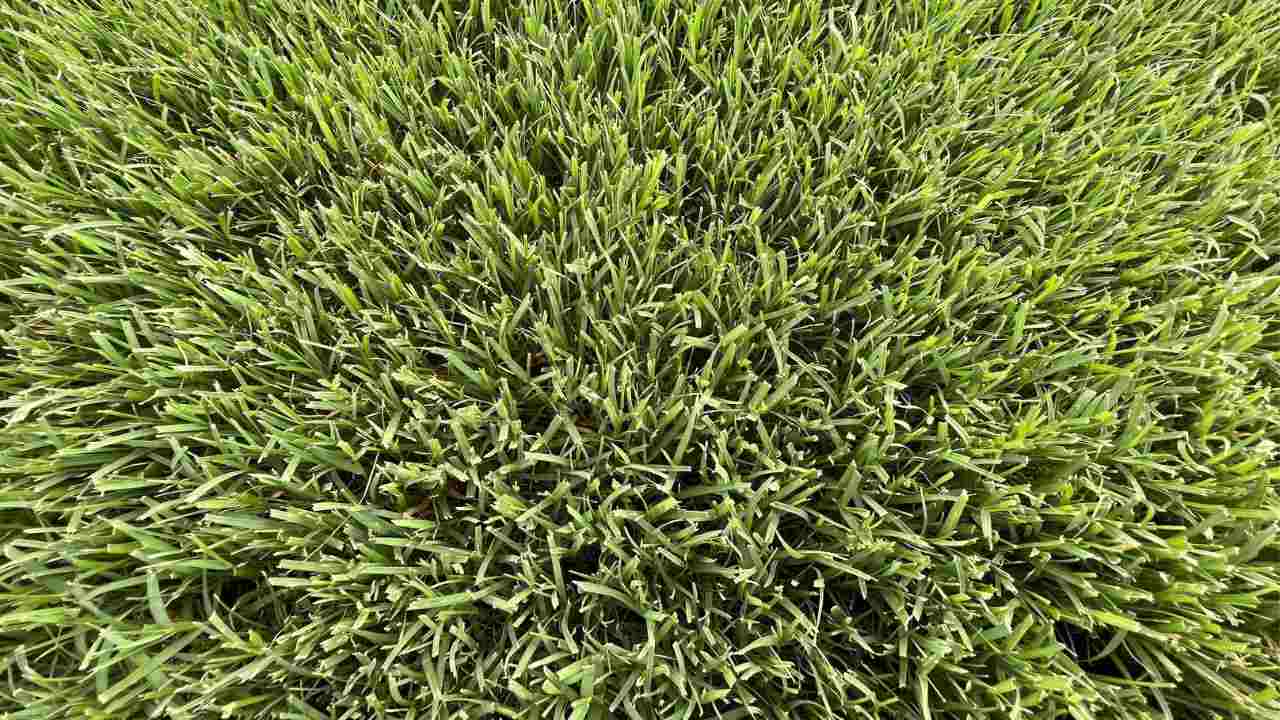

Landscaping Ideas
How Long Does It Take For Bermuda Grass To Spread
Modified: March 24, 2024
Learn how to speed up the spread of Bermuda grass with effective landscaping ideas. Discover the best techniques for achieving lush, green lawns.
(Many of the links in this article redirect to a specific reviewed product. Your purchase of these products through affiliate links helps to generate commission for Storables.com, at no extra cost. Learn more)
**
Introduction
**
Bermuda grass, scientifically known as Cynodon dactylon, is a warm-season grass celebrated for its lush, dense growth and exceptional durability. As a popular choice for lawns, parks, golf courses, and athletic fields, Bermuda grass is revered for its resilience in hot climates and its ability to thrive in various soil types. One of the most common inquiries among individuals considering Bermuda grass for their landscaping needs is the time it takes for this grass to spread and establish a verdant carpet of green. Understanding the factors influencing Bermuda grass spread, its growth rate, and the optimal conditions for its proliferation is essential for anyone seeking to cultivate a vibrant and flourishing Bermuda grass lawn. In this article, we will delve into the intricacies of Bermuda grass spread, exploring the factors that influence its growth, the optimal conditions for its proliferation, and effective methods to encourage its spread. By the end of this comprehensive guide, you will be equipped with the knowledge to foster the vigorous spread of Bermuda grass, transforming your outdoor space into a verdant oasis.
Key Takeaways:
- Bermuda grass spreads rapidly in warm climates with ample sunlight, well-draining soil, and proper maintenance. Understanding these factors can help create a lush and resilient lawn.
- Methods like overseeding, proper mowing, balanced fertilization, and effective irrigation can encourage Bermuda grass spread, transforming outdoor spaces into vibrant green oases.
Factors Affecting Bermuda Grass Spread
Several factors play a pivotal role in determining the spread of Bermuda grass, influencing the speed and efficiency with which it establishes a lush carpet of green. Understanding these factors is crucial for anyone seeking to foster the rapid and robust growth of Bermuda grass.
Soil Type: The composition and quality of the soil significantly impact the spread of Bermuda grass. This resilient grass thrives in well-draining soil with good fertility. Sandy loam and loamy soils are particularly conducive to Bermuda grass spread, enabling its roots to penetrate the soil and proliferate.
Sunlight Exposure: Bermuda grass exhibits a remarkable affinity for sunlight, flourishing in areas with ample sun exposure. Insufficient sunlight can impede its spread, resulting in patchy growth and diminished overall coverage. Therefore, ensuring that Bermuda grass receives adequate sunlight is paramount for promoting its rapid and uniform spread.
Watering Practices: Proper irrigation is essential for encouraging the spread of Bermuda grass. While this grass is renowned for its drought tolerance, regular and consistent watering is crucial during its establishment phase. Adequate moisture facilitates the development of a robust root system, enabling Bermuda grass to spread and thrive.
Temperature and Climate: Bermuda grass thrives in warm climates, showcasing optimal spread and growth in temperatures ranging from 75 to 90 degrees Fahrenheit. It exhibits remarkable resilience to heat and can withstand prolonged periods of high temperatures, making it an ideal choice for regions with scorching summers.
Maintenance Practices: Regular mowing, fertilization, and aeration are integral to promoting the spread of Bermuda grass. Proper maintenance not only enhances the aesthetic appeal of the lawn but also encourages lateral growth, enabling Bermuda grass to establish a dense and uniform cover.
By comprehending the factors that influence Bermuda grass spread, individuals can implement targeted strategies to optimize its growth and proliferation, fostering a vibrant and resilient lawn.
Growth Rate of Bermuda Grass
Bermuda grass is renowned for its vigorous growth and rapid spread, making it a sought-after option for individuals desiring a lush and verdant lawn. The growth rate of Bermuda grass is influenced by various factors, including environmental conditions, maintenance practices, and the specific cultivar being utilized.
Environmental Conditions: The growth rate of Bermuda grass is intricately linked to environmental factors such as temperature, sunlight, and soil quality. In warm climates with ample sunlight and well-draining, fertile soil, Bermuda grass exhibits an accelerated growth rate, rapidly proliferating to form a dense and resilient turf.
Maintenance Practices: Regular maintenance, including mowing, fertilization, and irrigation, profoundly impacts the growth rate of Bermuda grass. Proper mowing stimulates lateral growth, leading to a denser turf, while balanced fertilization and consistent watering foster robust and uniform expansion.
Cultivar Selection: The choice of Bermuda grass cultivar significantly influences its growth rate. Certain cultivars are specifically bred for rapid establishment and aggressive spread, making them ideal for individuals seeking swift lawn coverage. By selecting a cultivar tailored to their growth requirements, individuals can expedite the spread of Bermuda grass.
Bermuda grass typically exhibits a rapid growth rate, with new shoots emerging and spreading horizontally to form a dense mat of grass. Under optimal conditions, Bermuda grass can spread at a rate of approximately 6 inches per month, swiftly blanketing the landscape with its vibrant green foliage.
Understanding the growth rate of Bermuda grass is essential for individuals aiming to establish a flourishing lawn within a specific timeframe. By leveraging favorable environmental conditions, implementing effective maintenance practices, and selecting suitable cultivars, individuals can harness the innate vigor of Bermuda grass to create a verdant and resilient outdoor space.
Bermuda grass can spread quickly in the right conditions, typically taking 1-3 weeks to establish and start spreading. Regular watering and fertilizing can help speed up the process.
Optimal Conditions for Bermuda Grass Spread
Creating an environment conducive to the robust spread of Bermuda grass is pivotal for establishing a thriving and resilient lawn. By understanding the optimal conditions that foster Bermuda grass proliferation, individuals can effectively cultivate a lush carpet of green, transforming their outdoor space into a verdant oasis.
Sunlight: Bermuda grass thrives in full sunlight, requiring a minimum of 6 to 8 hours of direct sun exposure daily for optimal growth and spread. Ample sunlight not only fuels the photosynthetic process, promoting lush foliage, but also stimulates vigorous lateral expansion, enabling Bermuda grass to swiftly cover bare patches and establish a uniform turf.
Soil Quality: Well-draining soil with good fertility is essential for the rapid spread of Bermuda grass. Sandy loam and loamy soils provide an ideal substrate for Bermuda grass roots to penetrate and proliferate, facilitating the formation of a dense and resilient turf. Adequate soil fertility supports robust growth and ensures the efficient utilization of nutrients, promoting the rapid spread of Bermuda grass.
Watering: While Bermuda grass exhibits remarkable drought tolerance, consistent and deep watering is crucial for its spread, particularly during the establishment phase. Deep, infrequent watering encourages the development of a robust root system, enabling Bermuda grass to expand and fill in bare areas, resulting in a lush and uniform lawn.
Temperature: Bermuda grass thrives in warm climates, showcasing optimal spread and growth in temperatures ranging from 75 to 90 degrees Fahrenheit. While it can endure brief periods of cooler temperatures, sustained warmth is conducive to its rapid expansion and establishment. In regions characterized by scorching summers, Bermuda grass proliferates vigorously, forming a dense and verdant turf.
Maintenance: Regular maintenance practices, including mowing, fertilization, and aeration, are integral to promoting the spread of Bermuda grass. Proper mowing height encourages lateral growth, fostering a dense turf, while balanced fertilization ensures robust expansion. Aeration facilitates the efficient uptake of nutrients and water, further enhancing Bermuda grass spread.
By creating an environment characterized by ample sunlight, well-draining and fertile soil, appropriate watering practices, warm temperatures, and diligent maintenance, individuals can optimize the conditions for Bermuda grass spread, fostering its rapid and robust proliferation.
Methods to Encourage Bermuda Grass Spread
Encouraging the vigorous spread of Bermuda grass entails the implementation of targeted methods and practices designed to optimize its growth and proliferation. By leveraging effective strategies, individuals can expedite the establishment of a lush and resilient Bermuda grass lawn, transforming their outdoor space into a verdant sanctuary.
Overseeding: Overseeding involves spreading Bermuda grass seeds over an existing lawn to promote denser growth and fill in bare patches. This method encourages the rapid spread of Bermuda grass, resulting in a lush and uniform turf. By overseeding in the late spring or early summer, individuals can stimulate robust lateral expansion, enhancing the overall coverage of Bermuda grass.
Proper Mowing: Maintaining an optimal mowing height is crucial for encouraging Bermuda grass spread. By setting the mower at the recommended height and mowing regularly, individuals can stimulate lateral growth, fostering a dense and uniform turf. Proper mowing practices prevent scalping and promote the proliferation of Bermuda grass, enhancing its coverage and aesthetic appeal.
Fertilization: Balanced fertilization is integral to promoting the spread of Bermuda grass. By applying a high-quality fertilizer with the appropriate nutrient balance, individuals can stimulate robust growth and lateral expansion. Fertilization encourages the development of a dense turf, fostering the rapid spread of Bermuda grass and enhancing its overall coverage.
Irrigation: Consistent and deep watering is essential for encouraging Bermuda grass spread, particularly during the establishment phase. Deep, infrequent watering promotes the development of a robust root system, enabling Bermuda grass to proliferate and fill in bare areas. Proper irrigation practices foster the rapid and uniform expansion of Bermuda grass, resulting in a lush and resilient lawn.
Aeration: Core aeration facilitates the efficient uptake of nutrients and water, promoting the spread of Bermuda grass. By alleviating soil compaction and enhancing root development, aeration fosters the robust expansion of Bermuda grass, resulting in a dense and verdant turf. Implementing regular aeration practices optimizes the conditions for Bermuda grass spread, enhancing its overall coverage.
By implementing overseeding, proper mowing, balanced fertilization, effective irrigation, and regular aeration, individuals can encourage the rapid and robust spread of Bermuda grass, fostering the establishment of a vibrant and resilient lawn.
Read more: How Long Does Bermuda Grass Take To Grow
Conclusion
Bermuda grass, with its exceptional resilience and rapid growth, offers a myriad of benefits for individuals seeking a lush and verdant lawn. Understanding the factors influencing its spread, its growth rate, and the optimal conditions for its proliferation is essential for fostering the vigorous expansion of Bermuda grass. By leveraging effective methods and practices, individuals can encourage the rapid establishment of a dense and resilient Bermuda grass lawn, transforming their outdoor space into a vibrant oasis of greenery.
Factors such as soil type, sunlight exposure, watering practices, temperature, and maintenance profoundly impact the spread of Bermuda grass. By comprehending these factors, individuals can create an environment conducive to its robust proliferation, fostering a lush and uniform turf. Additionally, recognizing the rapid growth rate of Bermuda grass and the influence of cultivar selection enables individuals to harness its innate vigor, expediting the establishment of a verdant lawn.
Optimizing the conditions for Bermuda grass spread involves creating an environment characterized by ample sunlight, well-draining and fertile soil, appropriate watering practices, warm temperatures, and diligent maintenance. By implementing overseeding, proper mowing, balanced fertilization, effective irrigation, and regular aeration, individuals can encourage the rapid and robust spread of Bermuda grass, enhancing its overall coverage and aesthetic appeal.
In conclusion, Bermuda grass, with its remarkable resilience and rapid growth, presents an exceptional opportunity for individuals to cultivate a vibrant and enduring lawn. By understanding the intricacies of Bermuda grass spread and implementing targeted strategies, individuals can transform their outdoor space into a lush and verdant sanctuary, replete with the enduring beauty of Bermuda grass.
Frequently Asked Questions about How Long Does It Take For Bermuda Grass To Spread
Was this page helpful?
At Storables.com, we guarantee accurate and reliable information. Our content, validated by Expert Board Contributors, is crafted following stringent Editorial Policies. We're committed to providing you with well-researched, expert-backed insights for all your informational needs.
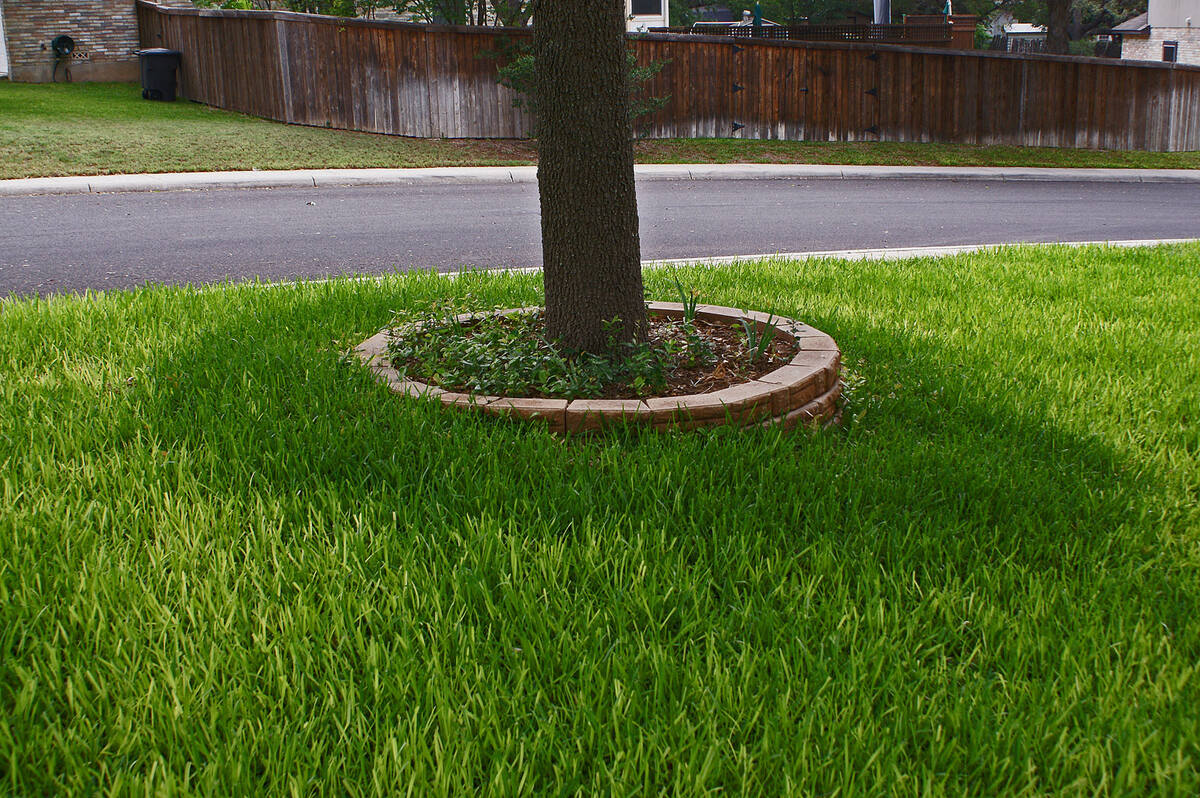
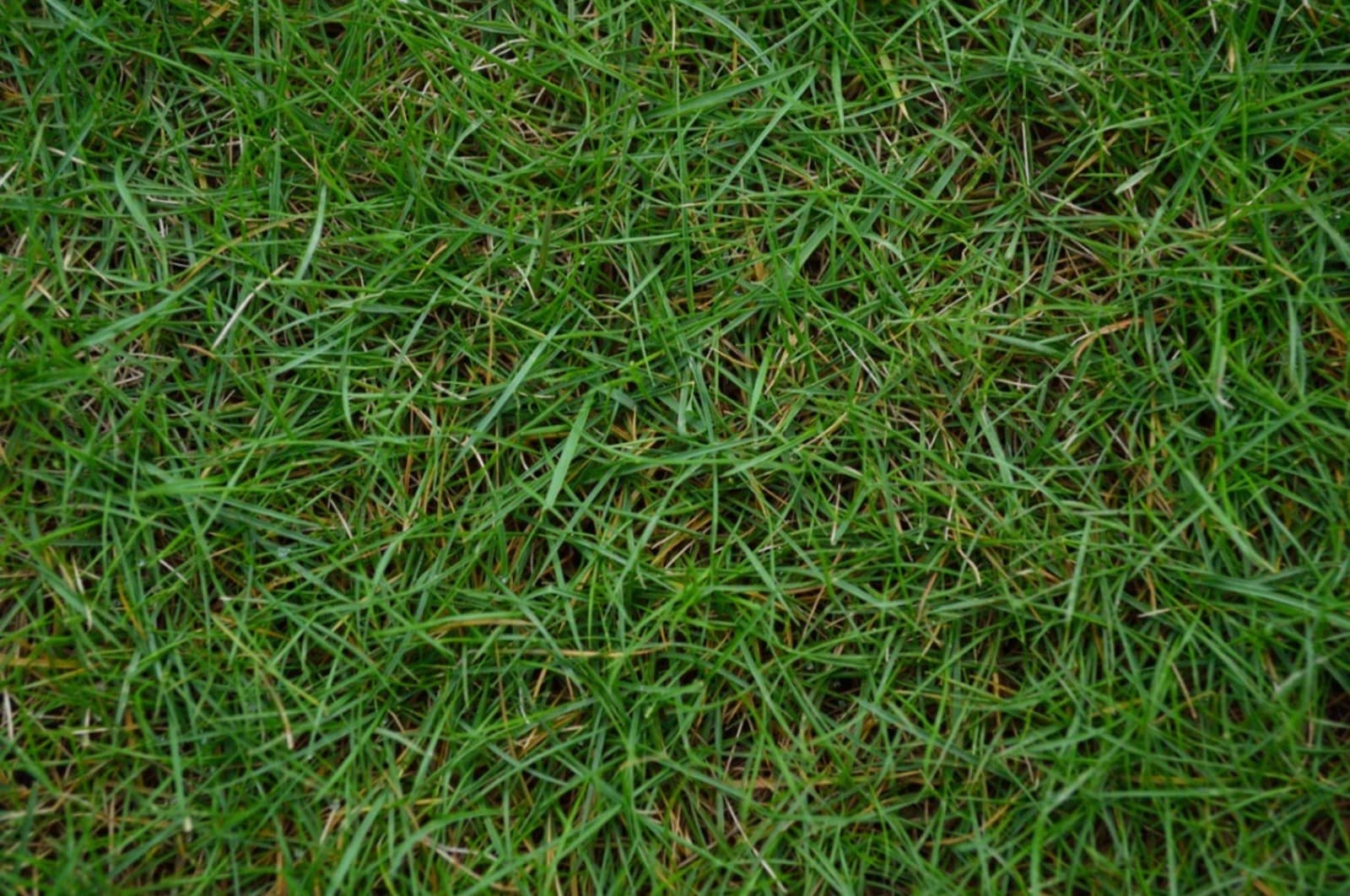
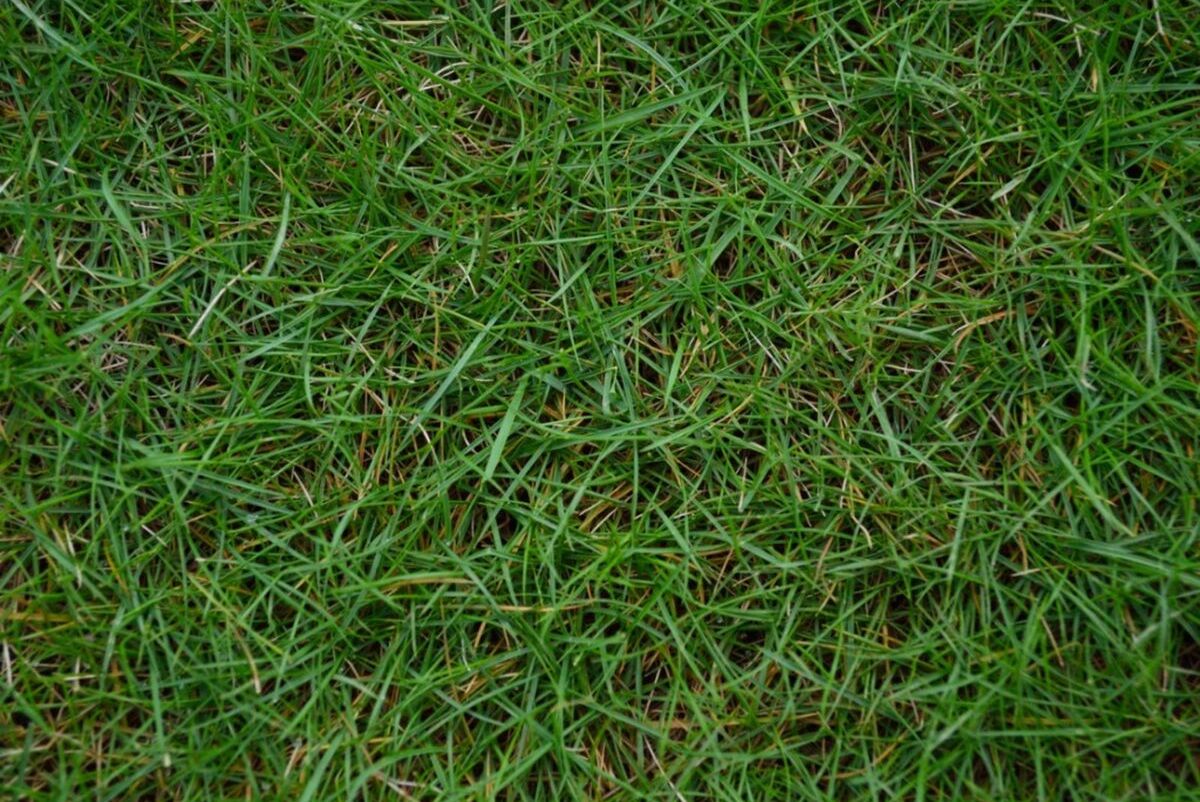
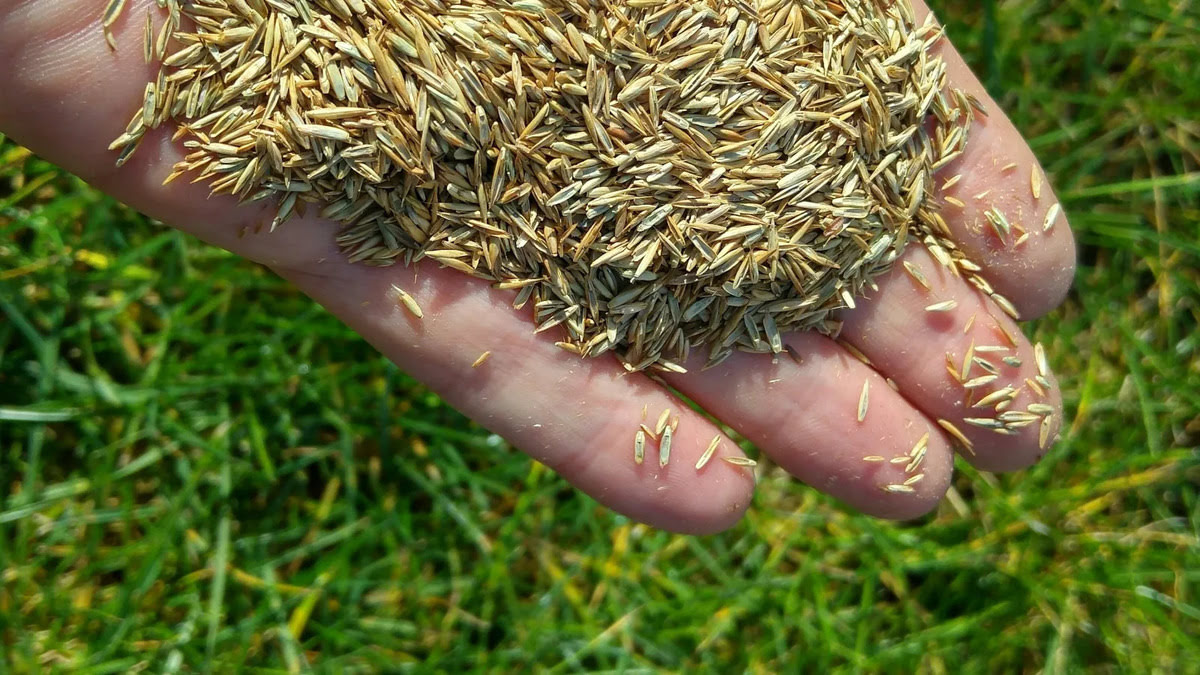
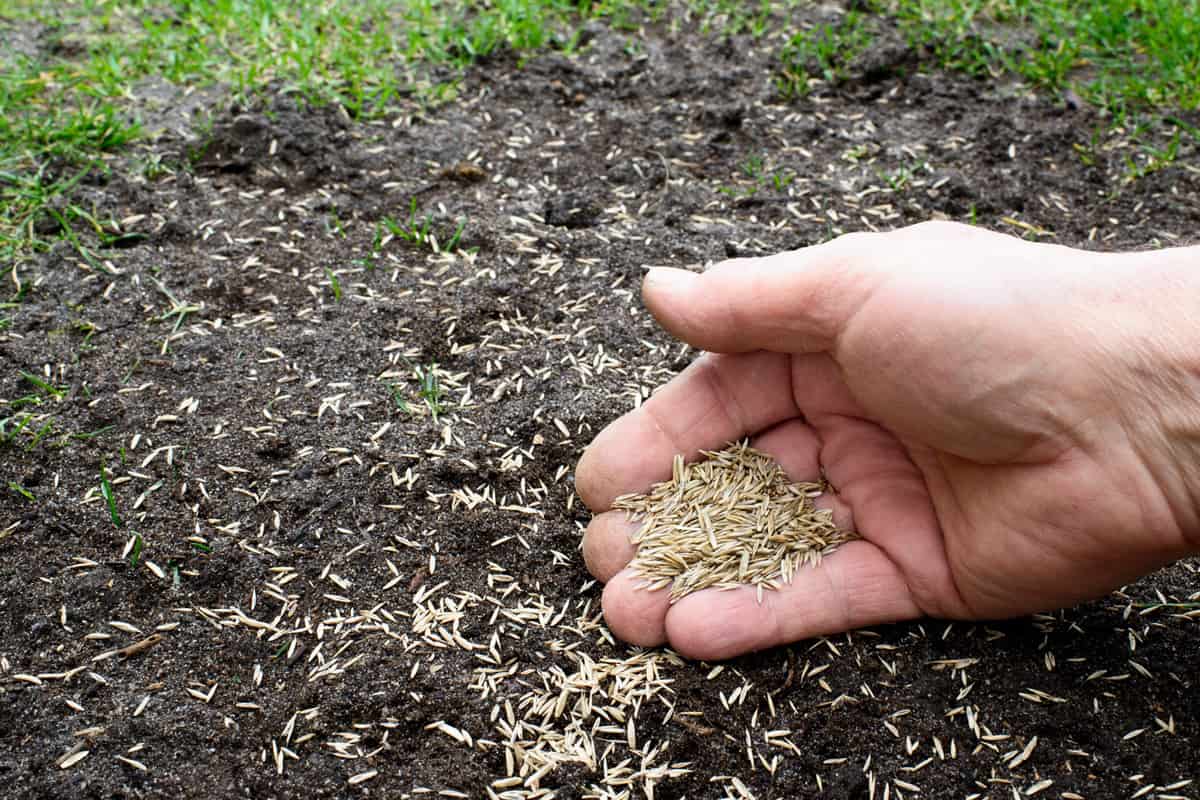
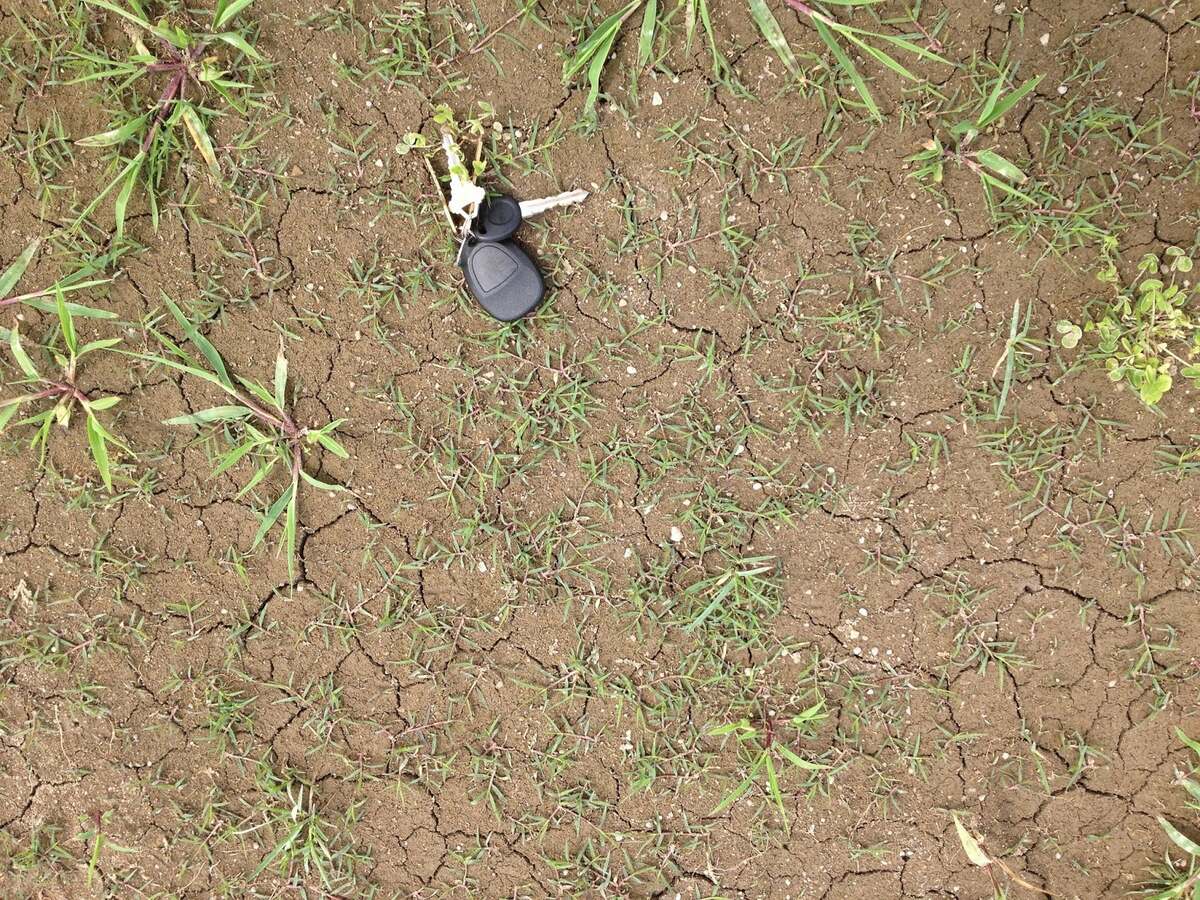
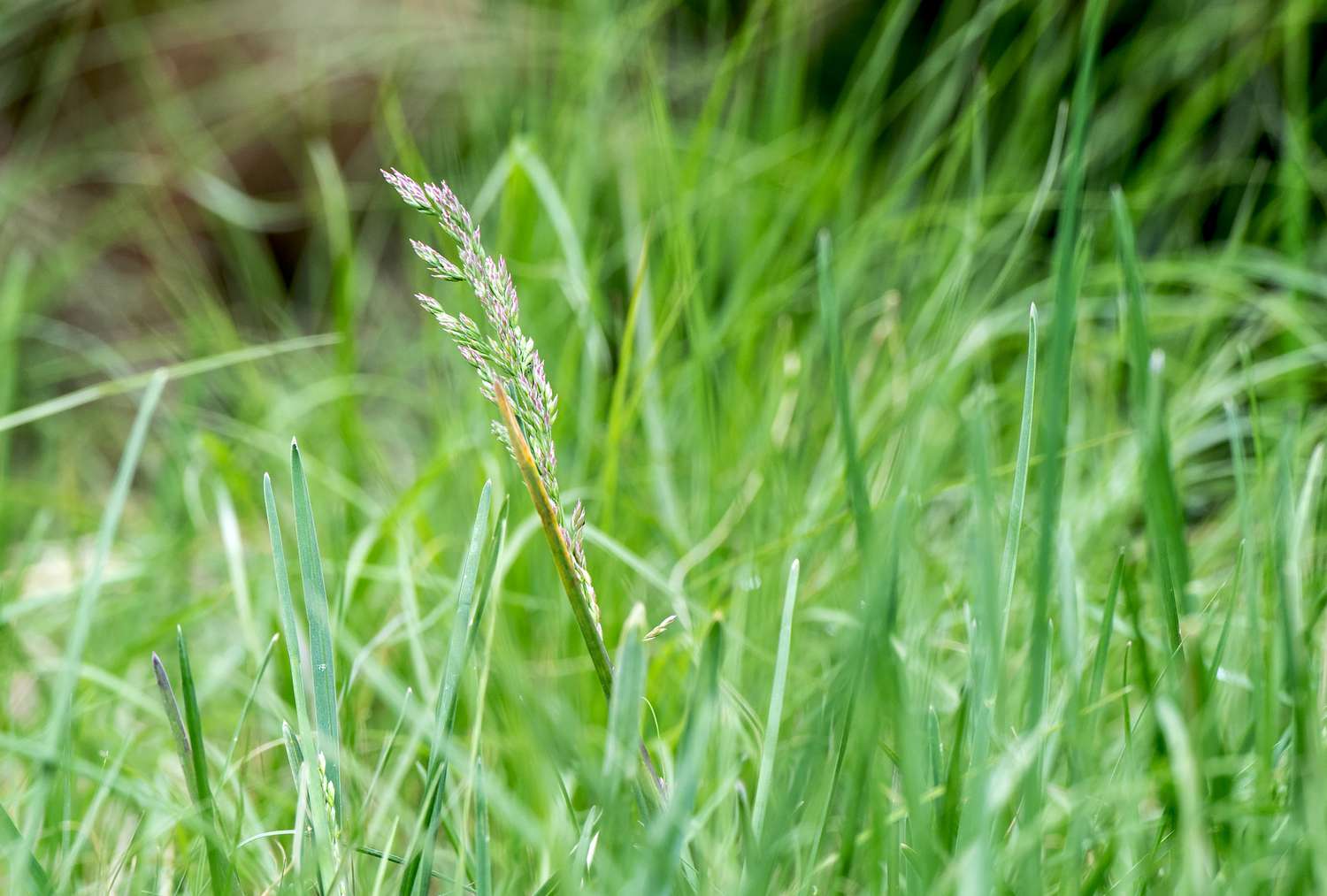
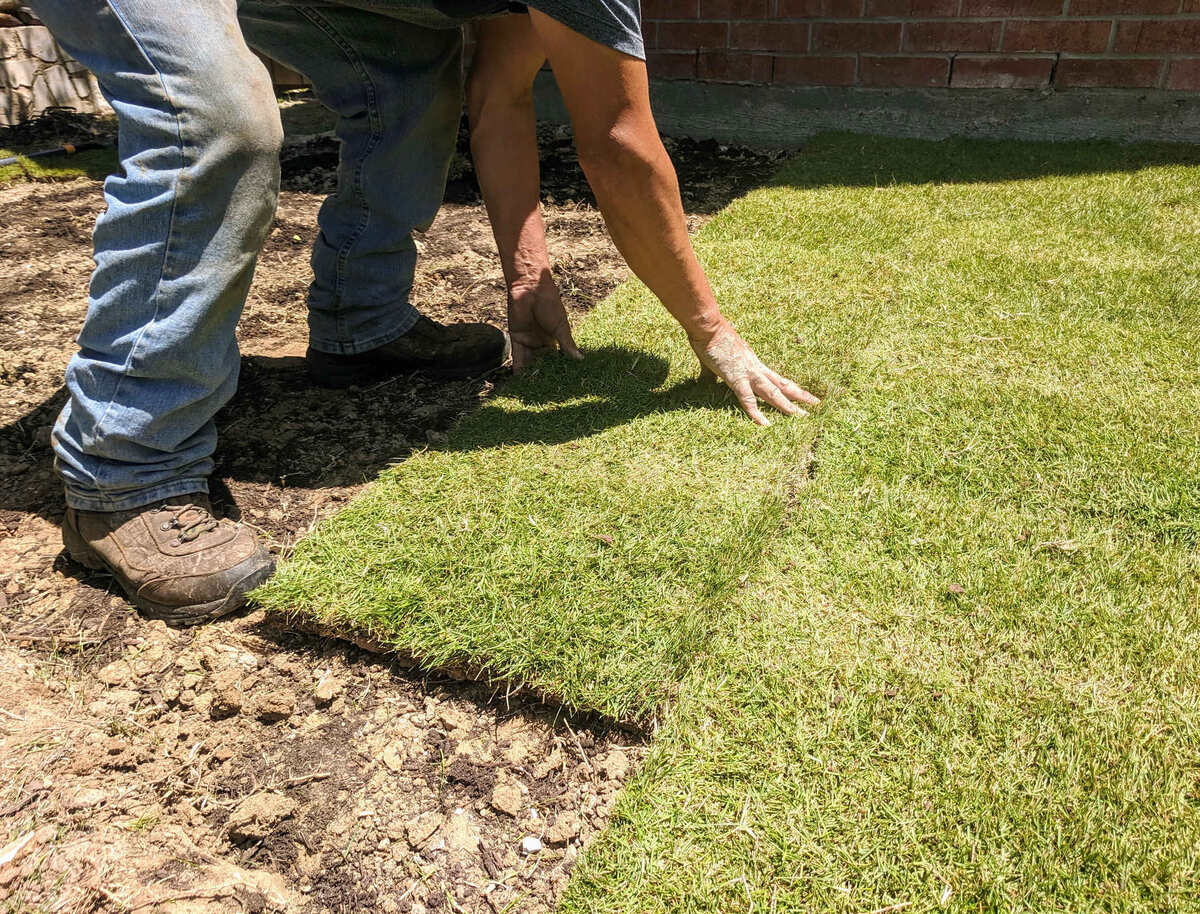
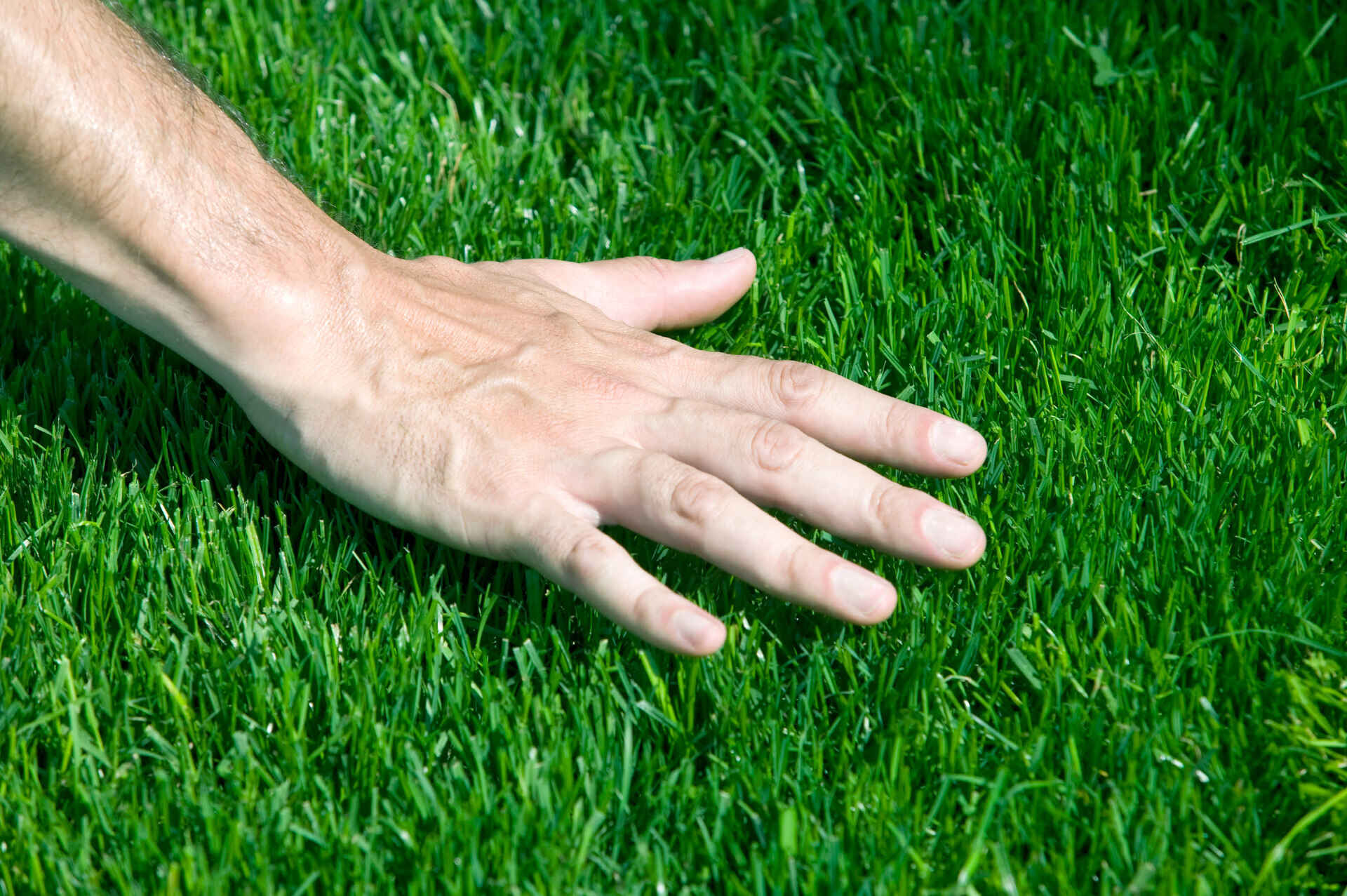
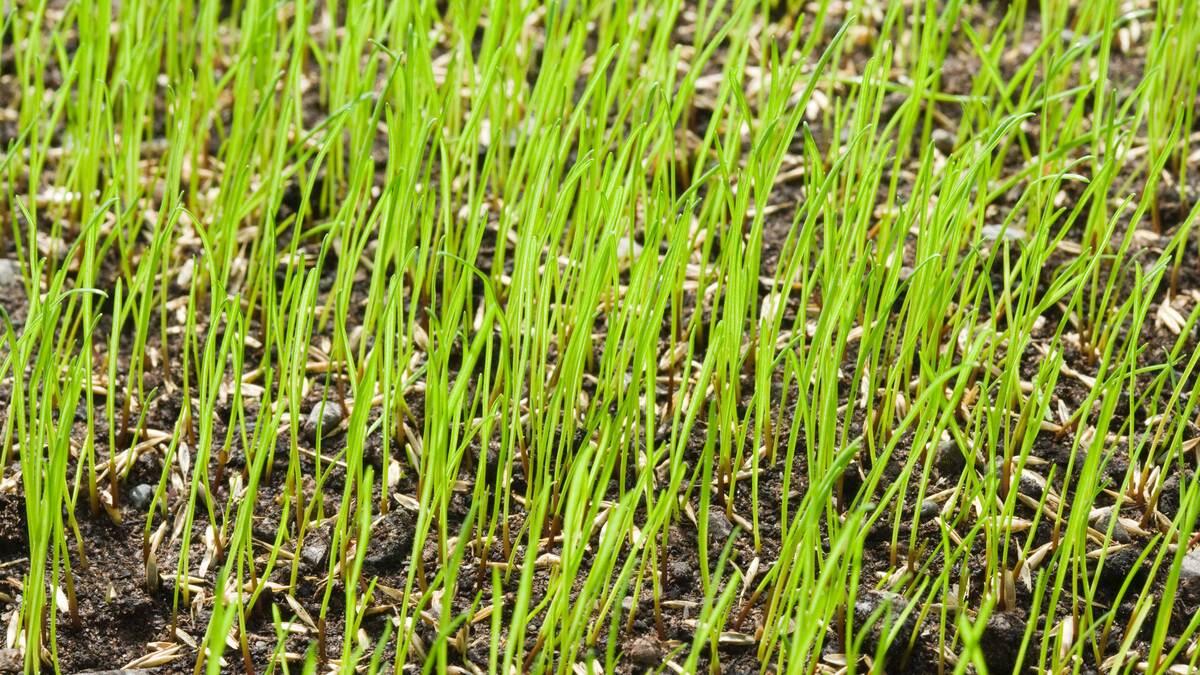
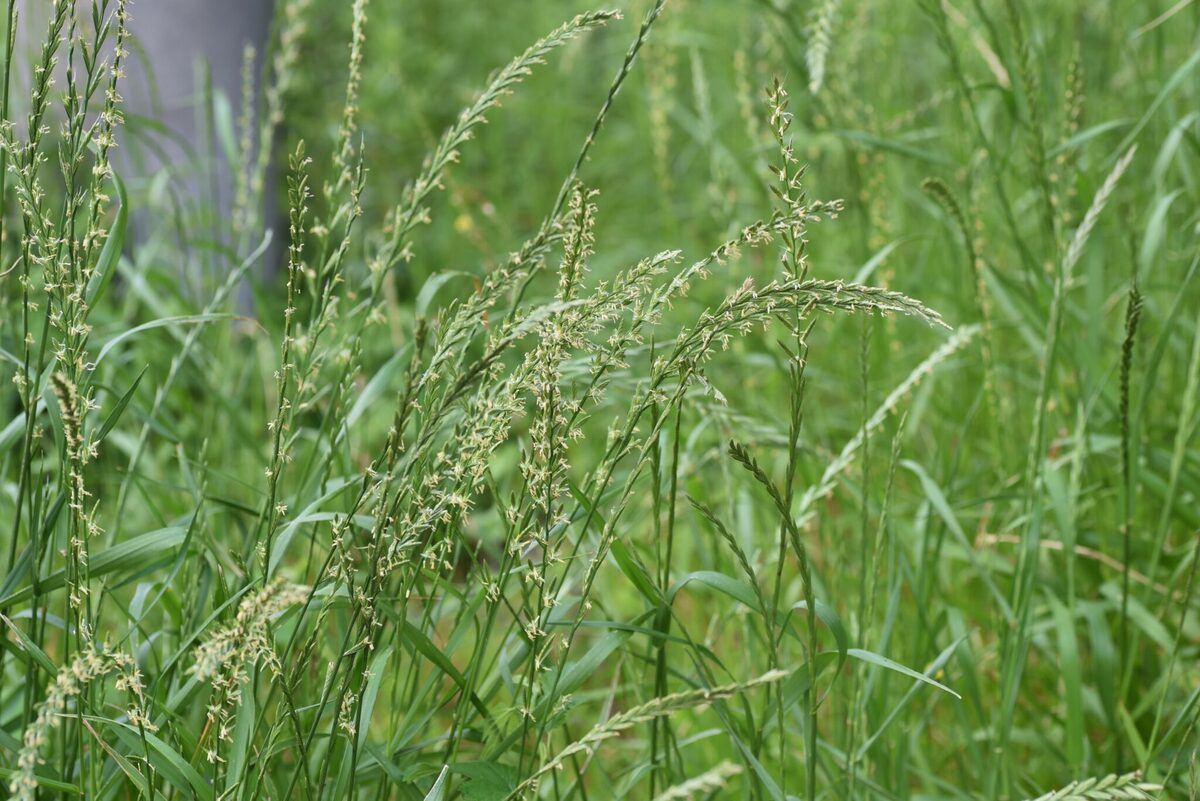
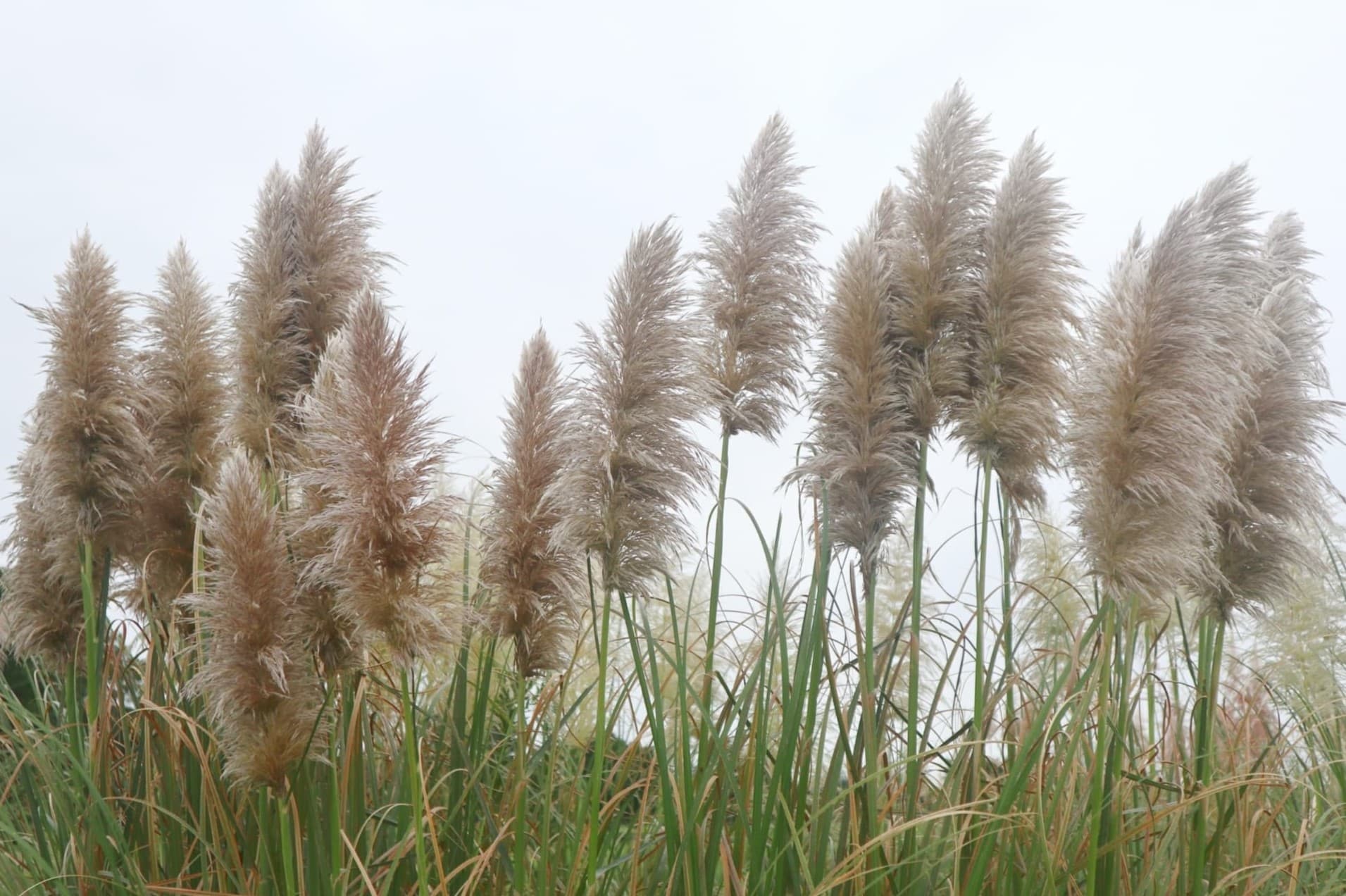
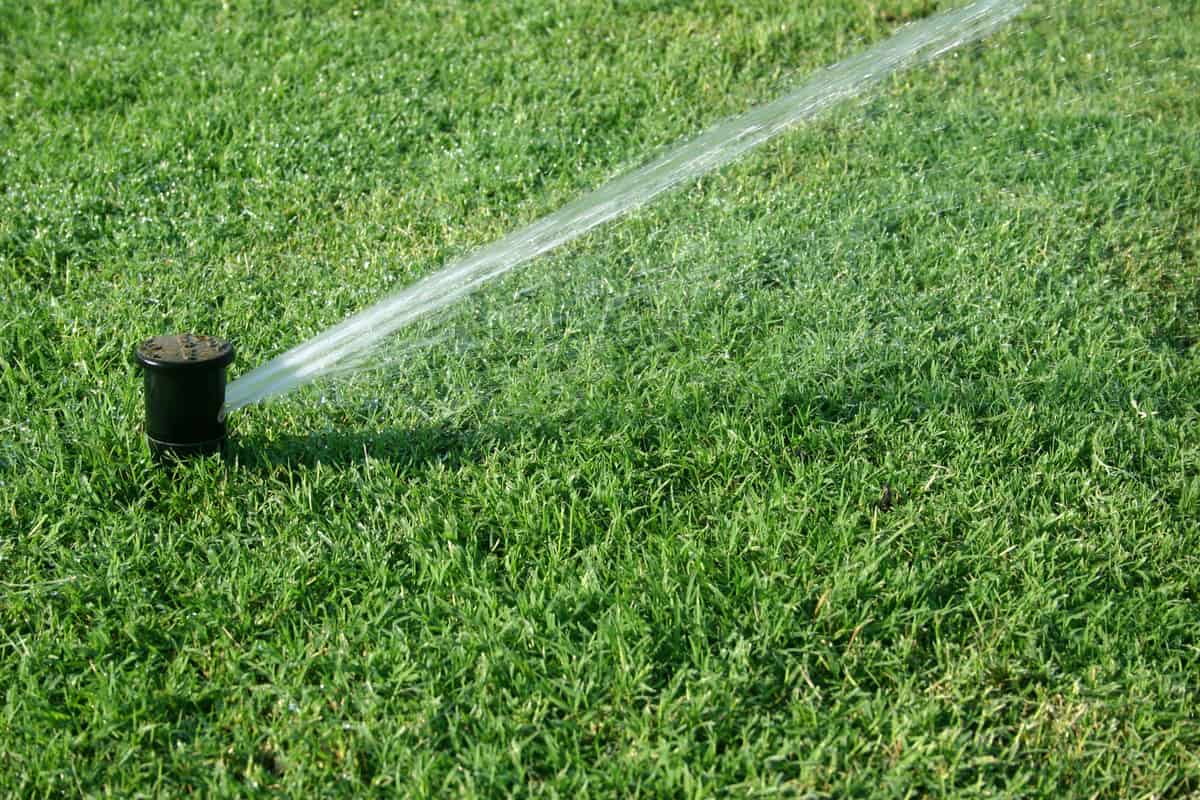
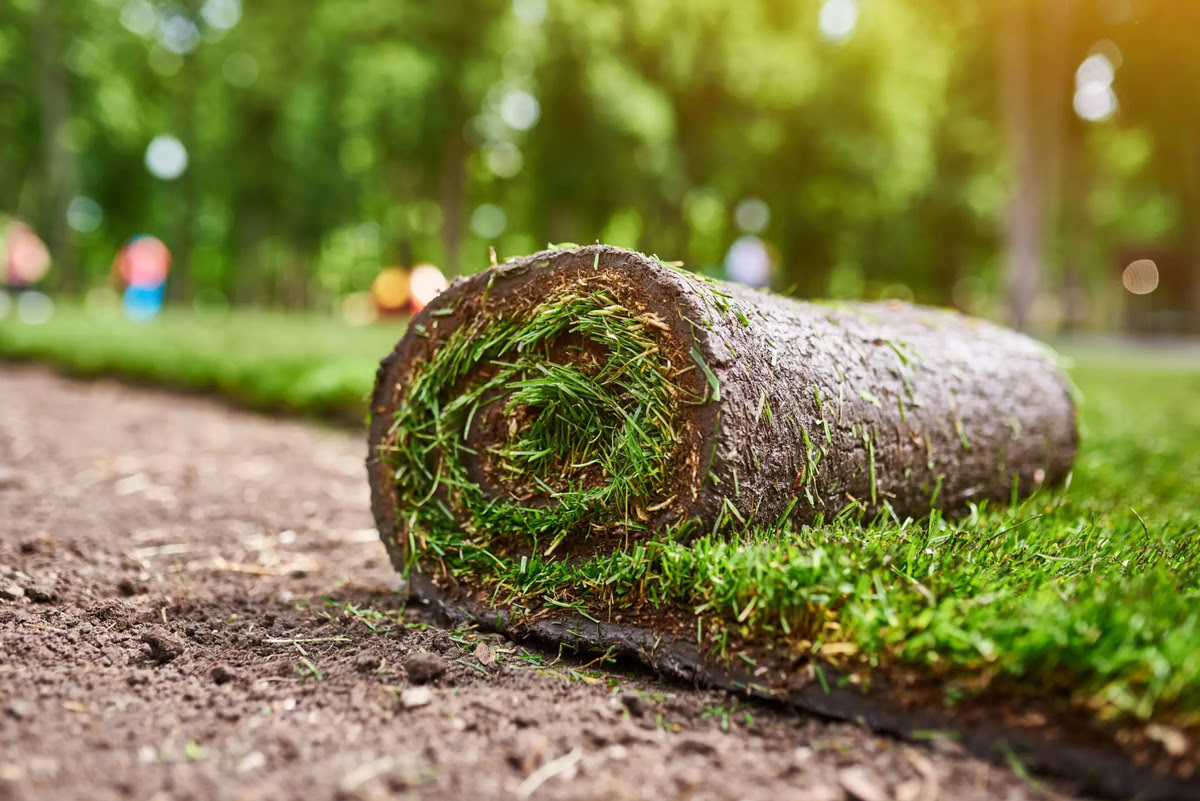

0 thoughts on “How Long Does It Take For Bermuda Grass To Spread”